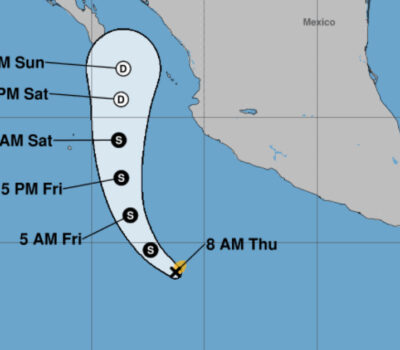Mexico must be ready to “take care” of the battered peso as a U.S. rate hike looms, but U.S. Federal Reserve policy will not be the only factor driving Mexico’s rate decisions, Central Bank Gov. Agustin Carstens said on Monday.
Carstens leads the Bank of Mexico’s five-man board, which is expected to raise its benchmark interest rate from 3 percent next week, when the Federal Reserve is seen raising borrowing costs for the first time in nearly a decade.
Policymakers in Latin America’s No. 2 economy are expected to raise borrowing costs even though inflation is at a record low in order to prevent a stampede for the exits by foreign investors, who could dump peso bonds for U.S. Treasuries.
In an interview with Reuters, Carstens explained his recent statement that Mexico’s response will not be “automatic” to any move by the Fed.
“What we want to say is that the actions of the Fed are not going to be the only thing that determines monetary policy going forward for the Bank of Mexico,” Carstens said.
Carstens said policymakers were also watching inflation, which cooled to a record low of 2.27 percent in early November, as well as sluggish growth that is not seen fueling demand-side price pressures for some time.
Carstens said Mexico’s central bank faced a dilemma in its next policy decision, without indicating whether or not he is in favor of a hike at next week’s policy meeting.
He said the weak peso has had little impact on inflation so far. However, he said the central bank needed to be ready to “take care” of the peso, which has weakened sharply in recent months and slumped on Monday, triggering dollar auctions from the central bank.
“The bank of Mexico, at some point, has to send a signal that it is worried about the value of its currency. Because this also affects the will of people to hold assets in the national currency,” Carstens said.
(Reporting by Michael O’Boyle; Editing by Simon Gardner, Bernard Orr)
Mexico must be ready to "take care" of the battered peso as a U.S. rate hike looms, but U.S. Federal Reserve policy will . . .











